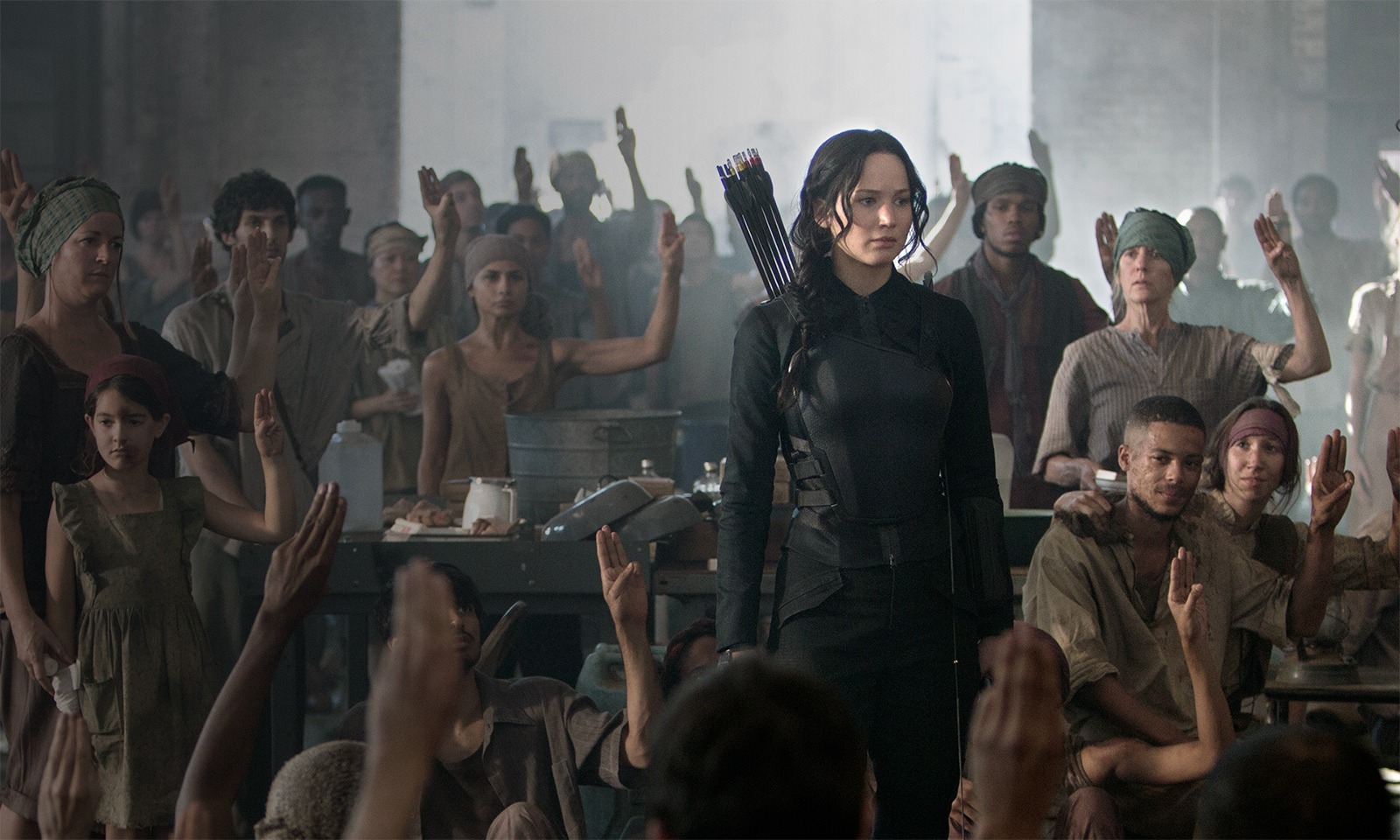The artifice of acting is almost always an unwelcome thing: draw too close to metafiction, and risk divorcing the spectator from the comforts of realism. Likewise, committing oneself to the bit at all costs — the purview of method acting — poses the related problem of pulling the viewer too close to the stage’s subjectivity. Artifice and authenticity, thus two sides of the same coin, work hand in hand to situate the reader in friendly, jousting distance with the text, allowing intimacy whilst also supplying recourse to some meta-textual understanding that what we’re seeing could be real, but isn’t. In Antonis Tsonis’ feature debut, however, both qualities of modern storytelling find themselves juxtaposed in deliciously enervating ways. There’s a discomfiting tone to the proceedings of Brando with a Glass Eye, titled so in homage to the American screen legend and with due metaphorical consideration of both the emptiness and fixity that inhere in an all-looking but non-seeing point of view.
Continuing perhaps the national tradition of strange, off-kilter filmmaking, but also diverting significantly from the trends and themes of the Greek Weird Wave, Brando with a Glass Eye follows Luca (Yiannis Niarros), a washed-up actor and reluctant car mechanic who delivers lines from Marlon Brando and Al Pacino with unnerving poise, dreaming of ditching Athens and making it big in New York. To finance his residency over there — having been provisionally offered a scholarship, but ostensibly granted neither money nor the permission to work for it — Luca and his brother Aleko (Kostas Nikoulis) decide to pull off a nighttime heist. Luca carries a paper gun around the city to test his resolve and the wits of the policemen loitering near him; Aleko possesses a real one. When the heist goes south and a bystander is injured, almost fatally, Luca spirals into narcissistic madness and, in a state of near-constant paranoia, visits the hospital, where he ends up getting acquainted with the unsuspecting Ilias (Alexandros Chrysanthopoulos) and his depressive issues.
If its counterparts at Sundance and the larger contemporary indie scene feed into the masochistic self-aggrandizement of the actor’s vocation, Brando with a Glass Eye — making its bow at Slamdance — quickly calls this enterprise into question. Confined to Luca’s tortuous POV (though not literally, an aesthetic one-trick beloved by most gimmicky productions) as he wends his way around his brother and lovers while jutting into Ilias’ personal demons (involving a simpering mother and overbearing uncle), the film materializes the perils of method acting in its many delusions spawned: tussles with law enforcement, rendezvouses with expired lovers, and unaddressed traumas coated over by inane squabbling. Running slightly lengthy at just over two hours, Tsonis’ brazen and confident repudiation of pop postmodernism belies the insecure, bravado-ridden Luca (who forgoes sleep for three nights just to better impersonate a corpse) and locates genuine empathy for him in his gradual moral turn. Keenly mindful of the hermeneutics of suspicion at large in our urbane social relations, Brando with a Glass Eye remains nonetheless a comical, breezy affair insofar as farce and fervency harmoniously meet. When, at the film’s denouement, Luca sacrifices personal for artistic freedom, it’s not merely a solipsistic gesture, but a selfless, learned one.
Published as part of Slamdance Film Festival 2024 — Dispatch 1.







